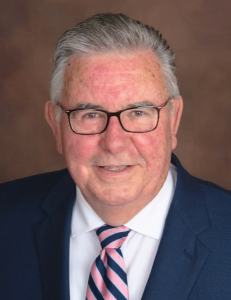
This year will be the twelfth time in my life that I cast a vote for the governor of NJ. I remember back in 1973 being forced to vote two weeks ahead of time by absentee ballot because my polling place was not accessible. I remember in 1992 being challenged at the poll because of my disability, and I remember the empowerment I felt by calling a state hotline while at the poll to “fix” the situation to my satisfaction.
Times have changed for people with disabilities in terms of voting ease. Now most polling places and polling booths are accessible. Voting early by mail is encouraged for everyone in many states. Yes, there are still barriers to voting—especially in other states, but there is no excuse for any person with a disability not to vote.
Yet LAST YEAR I read an article FROM the Arizona Capital Times about people with disabilities voting, and it cited a report from the Research Alliance for Accessible Voting. The report said that people with disabilities voted at a lower rate than their able-bodied peers in the 2012 election. The rate was 56.9% in the able community vs 48.1% for people with disabilities. Our vote was 12% less than people who were able-bodied, and we wonder why some elected off do not pay attention to us!
The article also contained a quote from Phil Pangrazio, a person with a disability and the CEO of an Arizona-based center for independent living. Pangrazio said: “With barely half of our commu-nity overall voting in any given election, it is critical that we each take our civic right – and our duty – seriously. Not voting may just be one of the most selfish and irresponsible acts a citizen could commit.”
I agree with Pangrazio—especially with what is happening in Washington and Trenton these days. Nothing about us without us, right? Well, the decision process for our issues is moving ahead at all levels of government. We need to be involved! We need to be involved from the start by voting! Before we demonstrate, before we sit-in, before we get arrested, WE NEED TO VOTE!!! The rest is meaningless unless we exercise our right to vote. To paraphrase our great leader Justin Dart: We need to vote as if our lives dependent on it! We all need to vote on November 7!
Norman A. Smith, Associate Executive Director – ProjectFreedom1@aol.com
Follow me on Twitter @normansmith02

